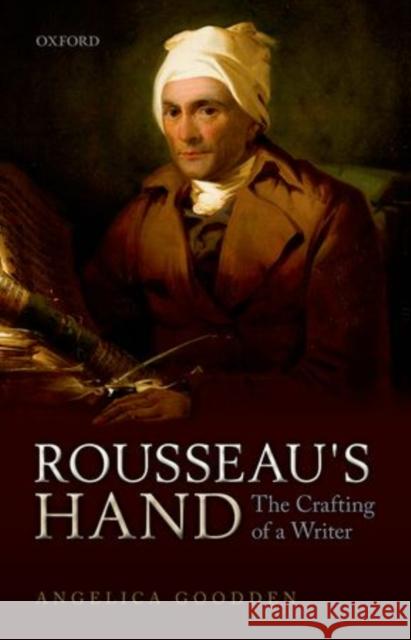Rousseau's Hand: The Crafting of a Writer » książka
Rousseau's Hand: The Crafting of a Writer
ISBN-13: 9780199683833 / Angielski / Twarda / 2013 / 248 str.
For all the fame he won as a writer during a brief but astonishingly fertile period in the 1750s and early 1760s, Rousseau thought the making of books essentially foreign to his nature; what mattered most to him was making things. Descended as he was from a long line of watchmakers, and raised in the artisanal heart of Geneva, he helped the promotion of craft associated with his one-time friend Diderot, whose Encyclopedie proclaimed the varied virtues of manual activity.
Taking as its point of departure the moral and monetary economy of craftsmanship in eighteenth-century Switzerland, this elegant and original study shows how family tradition and his own unfinished apprenticeship to an engraver led Rousseau to a radical questioning of central issues of the day, particularly in light of the moral utilitarianism of his age. Rousseau's Hand highlights the vital place of handwork in the artistic and social writings of his middle years -- from novels and plays to treatises and other forms of discourse -- illuminating many matters traditionally seen as inconsistencies in his oeuvre as a whole.
Abandoning creative writing for music copying in middle life, Rousseau celebrated homo faber's integrity along with the practicality and usefulness of handwork in the face of depersonalizing technological advance; yet the writings in which he extolled these virtues won him persecution as well as European celebrity. The paradox of craft's material essence in what he thought a world of abhorrent materialism and the problematic mechanization of ordinary existence exercised him throughout his life. Rousseau's Hand explores these preoccuptions.











